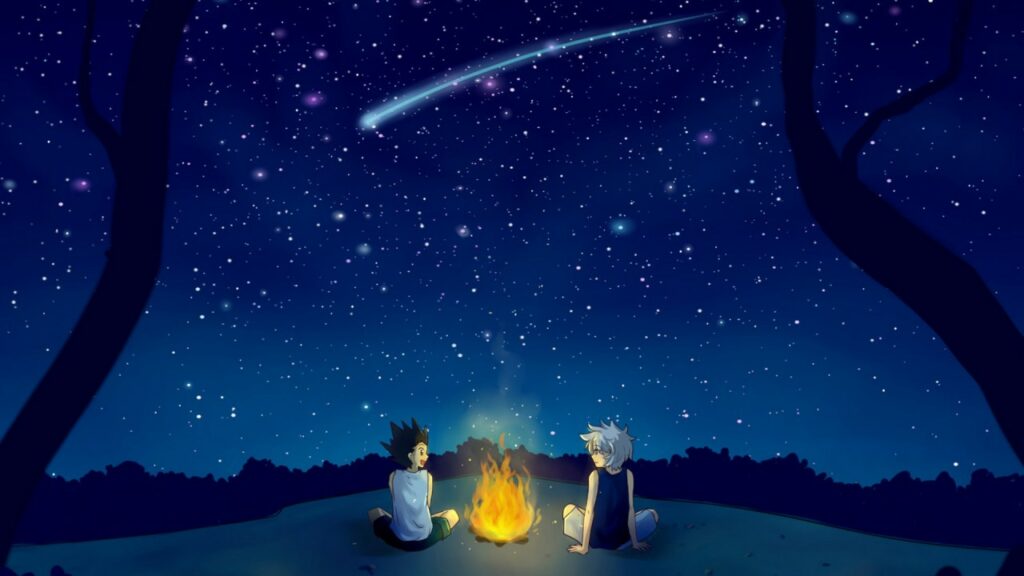Shortly after watching this youtube video by Gigguk, I decided to watch Demon Slayer season one. I was immediately hooked on the anime. There was an emotional story, and above anything else, the artwork and animation were off the charts. I am truly amazed at how far animation has gotten in the last ten years. We went from “cartoons” to stunning works of art. And the amazing thing is that Demon Slayer is not an isolated incident. Other new shounen titles like Jujutsu Kaisen and My Hero Academia continue to push the medium to greater heights.
As Gigguk said in his video, it’s not that Demon Slayer is unique in the genre or has an incredible story; it is that the execution is perfect, and the animation brings it to a whole other level. The anime got me so enthralled that I ended up purchasing the manga just to learn what happens next– since there was just one season released.

The artwork in the manga was also good; Koyoharu Gotouge has a real knack for style. However, the manga can’t really hold a candle to the anime in this case. Not because the manga wasn’t good, it was great, but because the anime was really well executed. Plus, action in manga can sometimes be tough to follow — especially when every demon has a special fighting ability.
After catching up with the manga, I don’t know exactly how I feel about the story as a whole. One part of me wishes that it would run longer since I feel like there are aspects of the story that Gotouge didn’t have time to flesh out. However, on the other hand, I can understand how having this anime run for much longer would make it feel even more repetitive than it already is. The story follows a pattern of: big battle, recovery, training, next battle. Repeat. In each of these cycles, the characters get stronger, and the stakes get larger– typical shounen anime plot. I appreciate how much time the anime spends in the training/recovery phases since it allows for character development that doesn’t feel forced. Bleach suffered since it simply had the characters stuck in continuous battle rather than give them time resting between arcs — but that’s my hot take.
Overall, I would definitely recommend everyone watching Demon Slayer. With the upcoming movie (Mugen Train) release in the US and season two coming out sometime this/next year, I see this anime becoming a mainstream icon.
Here is a funny recap video to watch:
